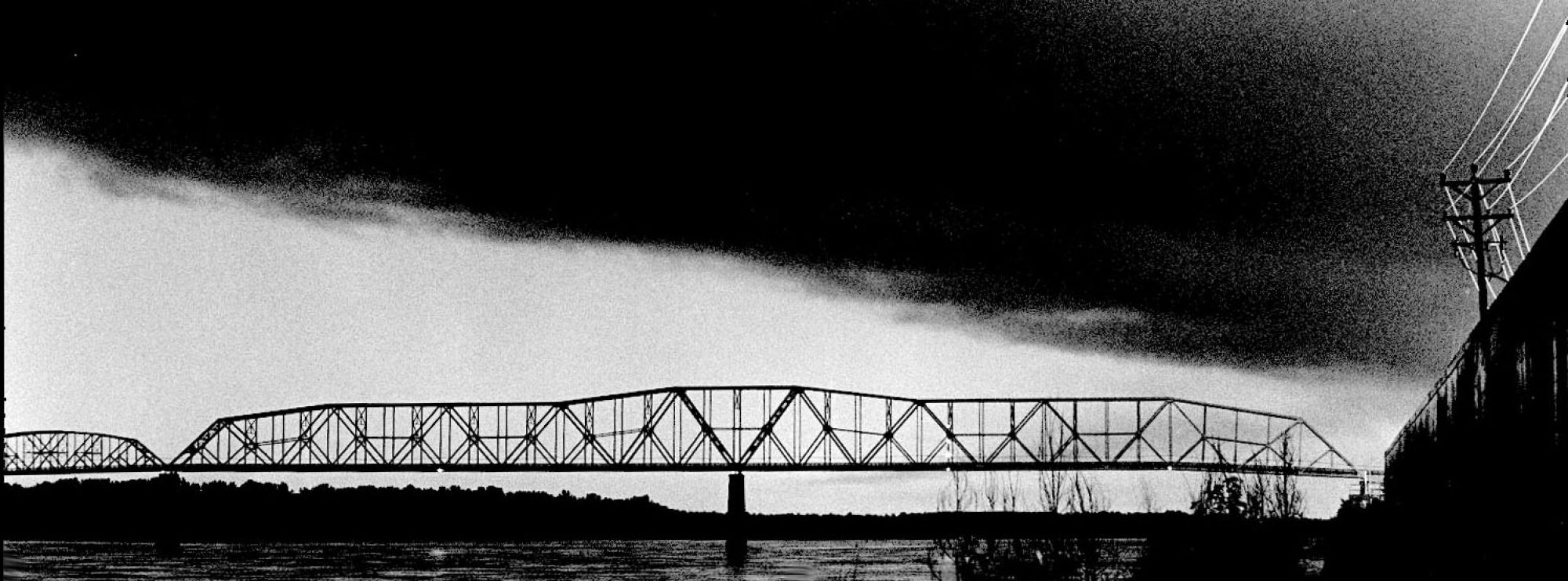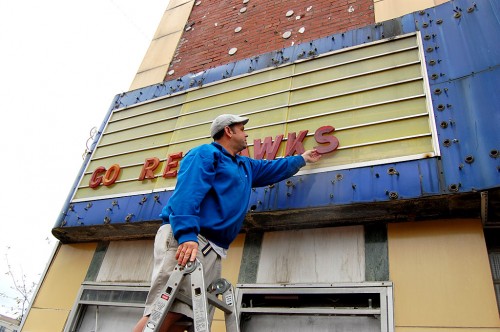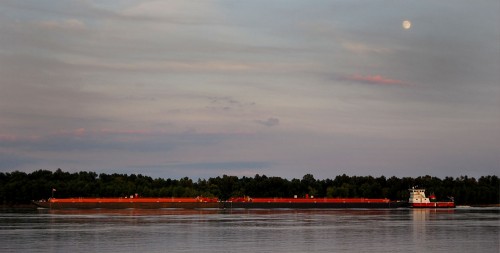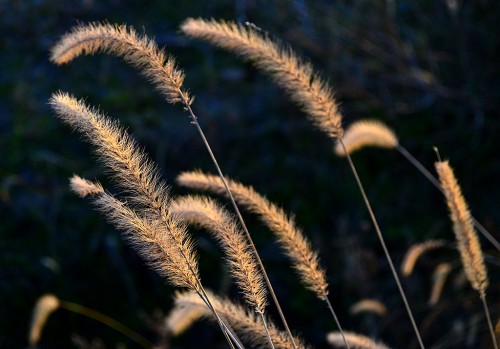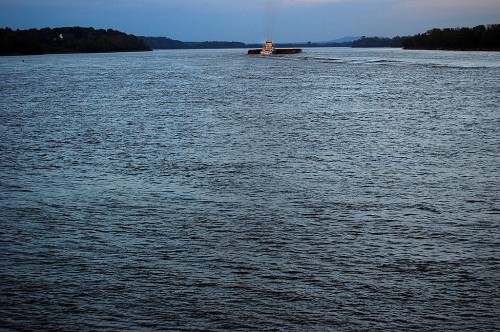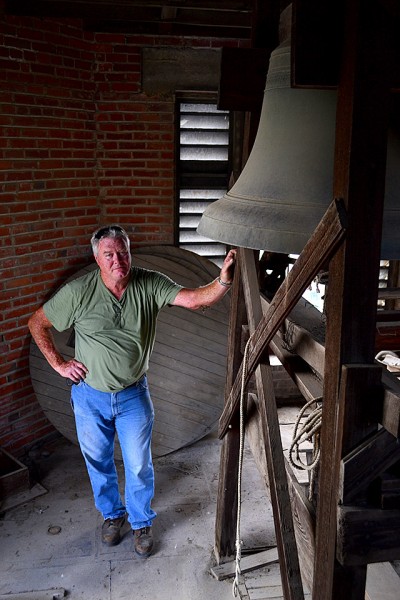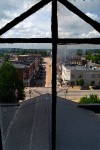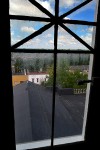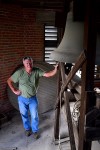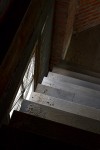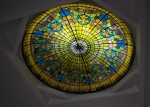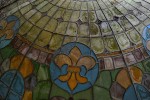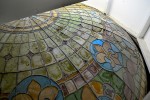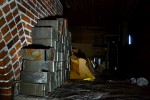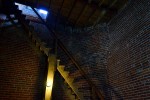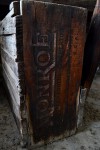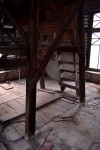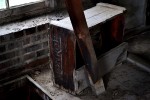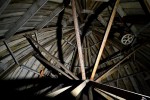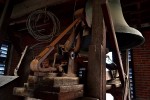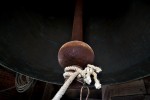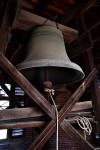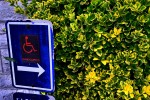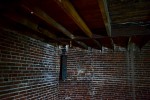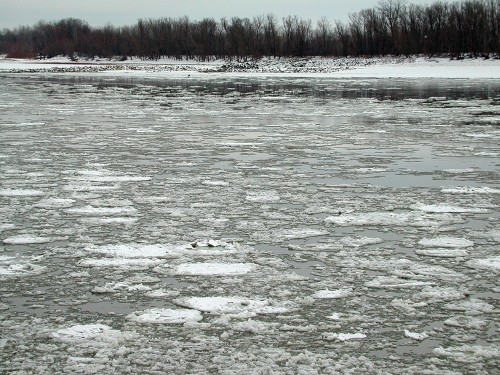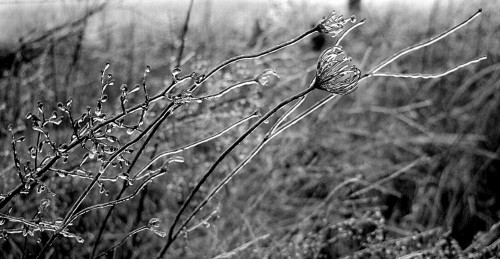 From the look of the Cape forecast, you might be able to use some of these hints this week. I never was all that great at shooting ice storms. First off, I was lucky enough not to encounter all that many of them. Secondly, what you see is not necessarily what you get. Your eye sees things your camera may not be able to record, particularly if you leave it set to automatic. (You can click on the photos to make them larger.)
From the look of the Cape forecast, you might be able to use some of these hints this week. I never was all that great at shooting ice storms. First off, I was lucky enough not to encounter all that many of them. Secondly, what you see is not necessarily what you get. Your eye sees things your camera may not be able to record, particularly if you leave it set to automatic. (You can click on the photos to make them larger.)
RULE 1: Move in close
I used to tell reporters and amateurs that the easiest way to make better pictures is to compose the photo until you think it looks perfect, then take one GIANT step closer. (If you have short legs, make that TWO steps closer.)
There are two things that make ice photos interesting: the detail of the ice buildup on leaves and plants and / or the magic that happens when the sun hits the glaze. That leads us to…
RULE 2: Shoot into the sun
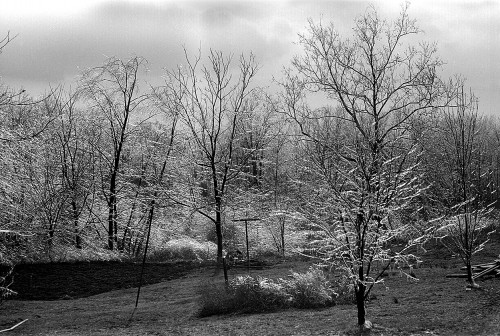 You probably have had drilled into you that you should always have the sun or other light source behind you. Well, that’s the SAFE thing to do, but it almost always makes for a dull photograph. That’s particularly true when you want your ice to sparkle.
You probably have had drilled into you that you should always have the sun or other light source behind you. Well, that’s the SAFE thing to do, but it almost always makes for a dull photograph. That’s particularly true when you want your ice to sparkle.
This shot of our back yard is far from spectacular, but it gives you a clue of how the light coming from behind the trees causes the ice to light up. You can tell from the gray skies in most of the frames that I didn’t have much help from the sun. That’s another reason for shooting the closeups.
Remember RULE 1
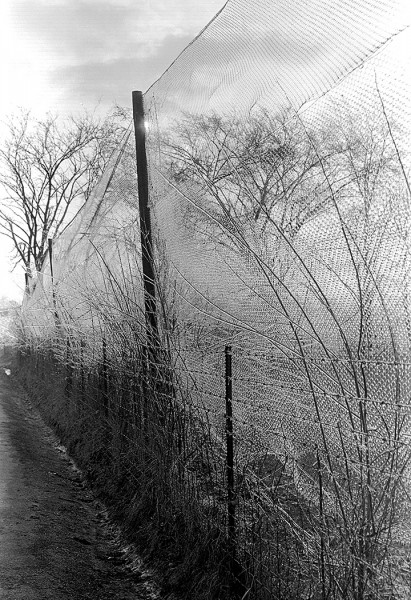 This shot comes close to working, but it’s still pretty dull. Notice how I followed RULE 2: you can see the sun peeking out from behind the pole. I did that so the direct sunlight wouldn’t cause lens flare.
This shot comes close to working, but it’s still pretty dull. Notice how I followed RULE 2: you can see the sun peeking out from behind the pole. I did that so the direct sunlight wouldn’t cause lens flare.
See, Closer IS better
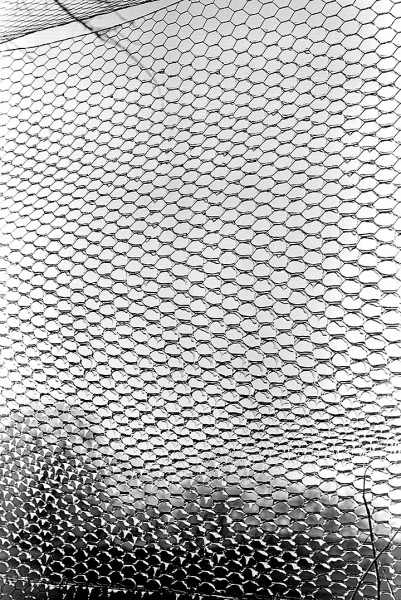 This is the same ice-covered fence, but shot from closer. It’s still not a stunner, but it’s a better photo than the long shot. I like the way it looks like a honeycomb.
This is the same ice-covered fence, but shot from closer. It’s still not a stunner, but it’s a better photo than the long shot. I like the way it looks like a honeycomb.
Sounds of an ice storm
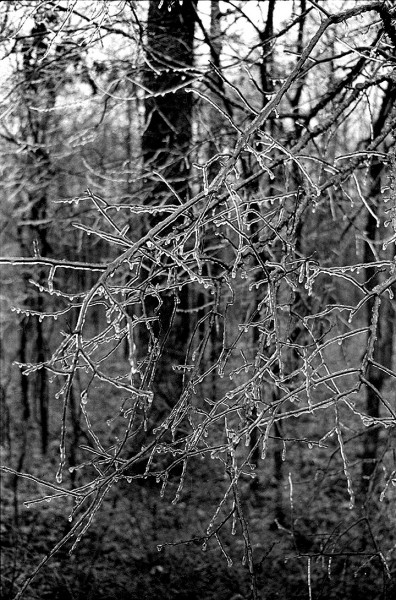 I know that ice storms can cause a lot of damage to trees and power lines, but they are still an awesome event. There’s nothing like the sounds of the ice clinking together when the wind blows, punctuated by cracks that sound like a gun shot when a branch breaks. The negative sleeve was undated, but I’m guessing these were take somewhere around 1964 or 1965. One frame I didn’t bother to process had a mailbox that read L.D. Smith and the address 168.
I know that ice storms can cause a lot of damage to trees and power lines, but they are still an awesome event. There’s nothing like the sounds of the ice clinking together when the wind blows, punctuated by cracks that sound like a gun shot when a branch breaks. The negative sleeve was undated, but I’m guessing these were take somewhere around 1964 or 1965. One frame I didn’t bother to process had a mailbox that read L.D. Smith and the address 168.
2010 ice storm story
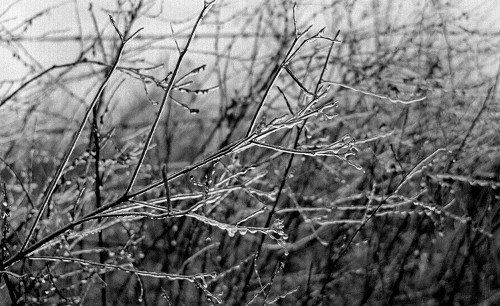 I ran some other ice photos about this time of year in 2010. If you compare them, I used some high-contract printing techniques to make them more interesting. That’s usually a good sign that the photo wasn’t all that good to begin with. Notice, though, that RULE 1 was definitely followed in the closeup photos of the ice hanging from the fences. Looks like that storm lasted a little longer than this one and it was a little bit windier. The icicles are longer and point away from the wind.
I ran some other ice photos about this time of year in 2010. If you compare them, I used some high-contract printing techniques to make them more interesting. That’s usually a good sign that the photo wasn’t all that good to begin with. Notice, though, that RULE 1 was definitely followed in the closeup photos of the ice hanging from the fences. Looks like that storm lasted a little longer than this one and it was a little bit windier. The icicles are longer and point away from the wind.
